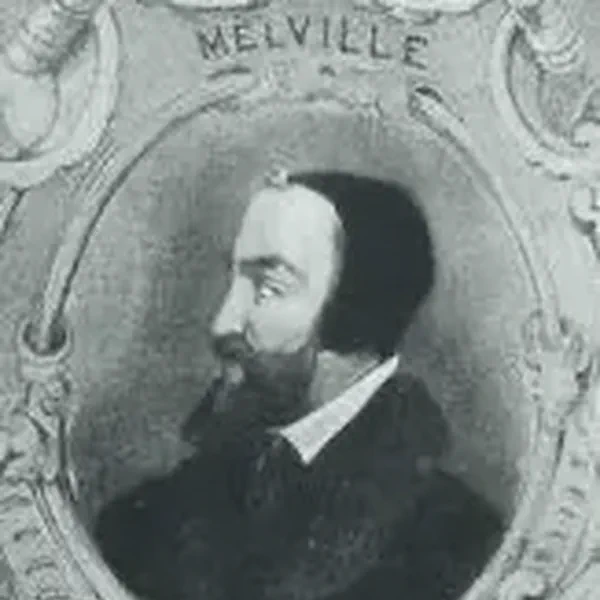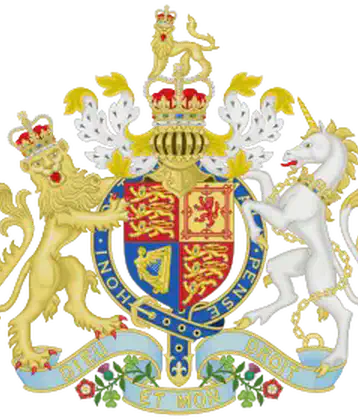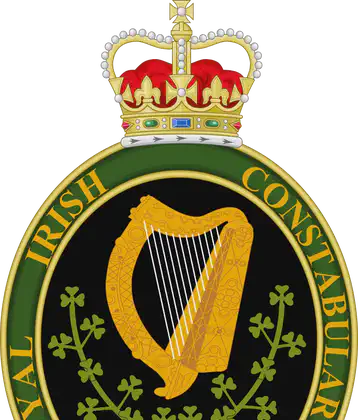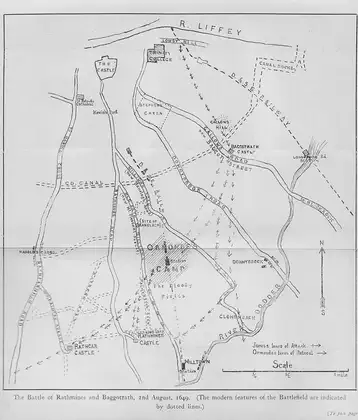On August 01, 1545 in Celtic History
Birth of andrew melville, true father of presbyterianism in scotland.

Andrew Melville, born on August 1, 1545, in Baldovie, near Montrose, Scotland, is widely regarded as the true father of Presbyterianism in Scotland. His profound influence on the Scottish Reformation and the development of Presbyterian church governance established him as a key figure in the history of Scottish religion and education.
Early Life and Education
- Background: Andrew Melville was born into a family with a strong religious background. His early education was shaped by the humanist ideals of the Renaissance, which were beginning to influence Scotland during his youth.
- Education: Melville was an exceptional scholar. He studied at the University of St Andrews and later furthered his education on the continent, particularly in Paris, Poitiers, and Geneva. In Geneva, he was heavily influenced by the teachings of John Calvin and Theodore Beza, which would shape his views on church governance and theology.
Contributions to Presbyterianism
- Return to Scotland: Melville returned to Scotland in 1574, where he quickly became a leading figure in the Scottish Reformation. He was appointed principal of Glasgow University, where he reformed the curriculum, emphasizing classical studies and theology based on Reformed principles.
- Advocacy for Presbyterianism: Melville was a staunch advocate for the Presbyterian form of church governance, which rejected the hierarchical structure of bishops in favor of a system of church courts and elders. He opposed the attempts by the monarchy, particularly under James VI (later James I of England), to impose episcopal (bishop-led) governance on the Scottish Church.
- Second Book of Discipline: One of Melville’s most significant contributions was his involvement in drafting the Second Book of Discipline in 1578. This document laid the foundations for Presbyterian church governance in Scotland, advocating for the church’s independence from state control and the equal authority of ministers and elders in church courts.
Conflicts and Legacy
- Conflict with the Crown: Melville’s advocacy for church independence brought him into direct conflict with King James VI. In 1596, Melville famously rebuked the king in the court, holding him accountable to God’s law, which exemplified his belief in the church’s authority over secular rulers in spiritual matters. This confrontation led to increasing tensions between the crown and the Presbyterian movement.
- Later Life and Exile: In 1606, Melville was summoned to London by King James, where he was detained for his refusal to accept royal supremacy over the church. He was eventually imprisoned in the Tower of London and later exiled to France, where he spent the remainder of his life.
- Death and Legacy: Andrew Melville died in Sedan, France, on February 1622. His influence on Scottish Presbyterianism remained profound, and he is remembered as a key architect of the Presbyterian Church in Scotland. His commitment to the principles of Reformed theology and church governance left an indelible mark on the religious landscape of Scotland.
Andrew Melville’s legacy is that of a reformer who tirelessly worked to ensure the establishment of a church governed by Presbyterian principles, free from the control of the monarchy. His life and work laid the groundwork for the development of Presbyterianism not only in Scotland but also in other parts of the world where Scottish influence extended.








